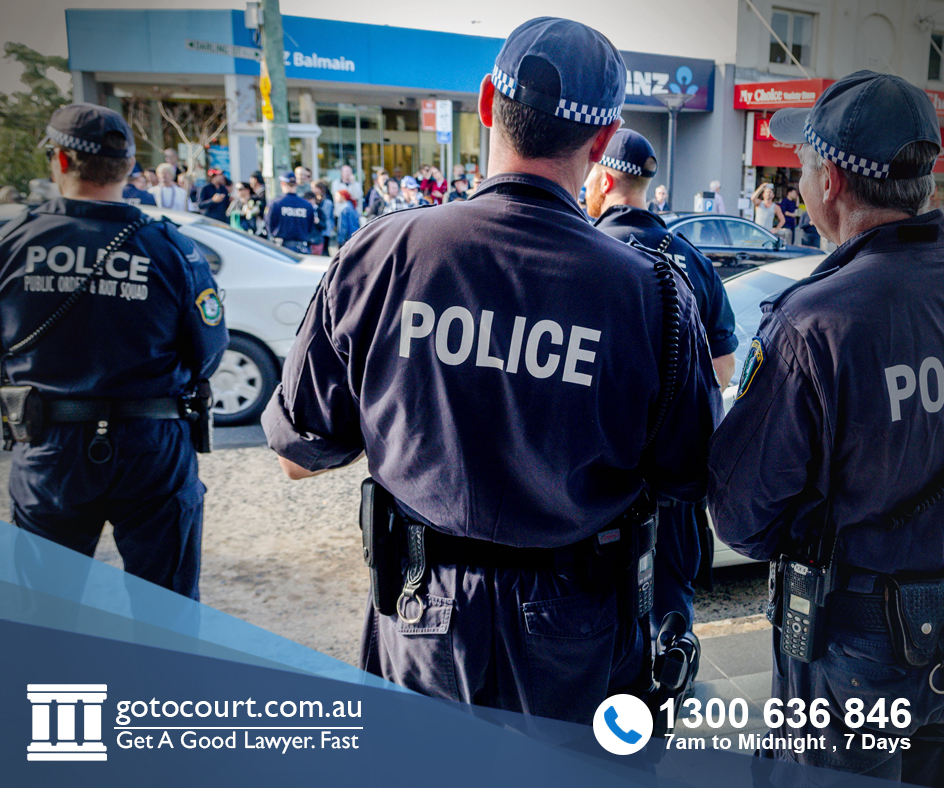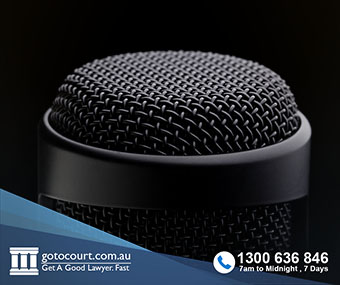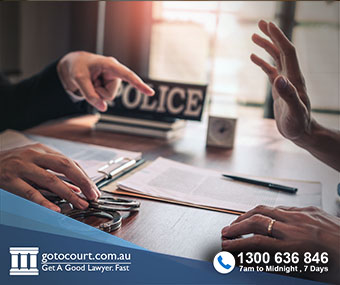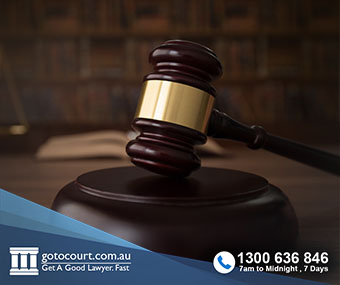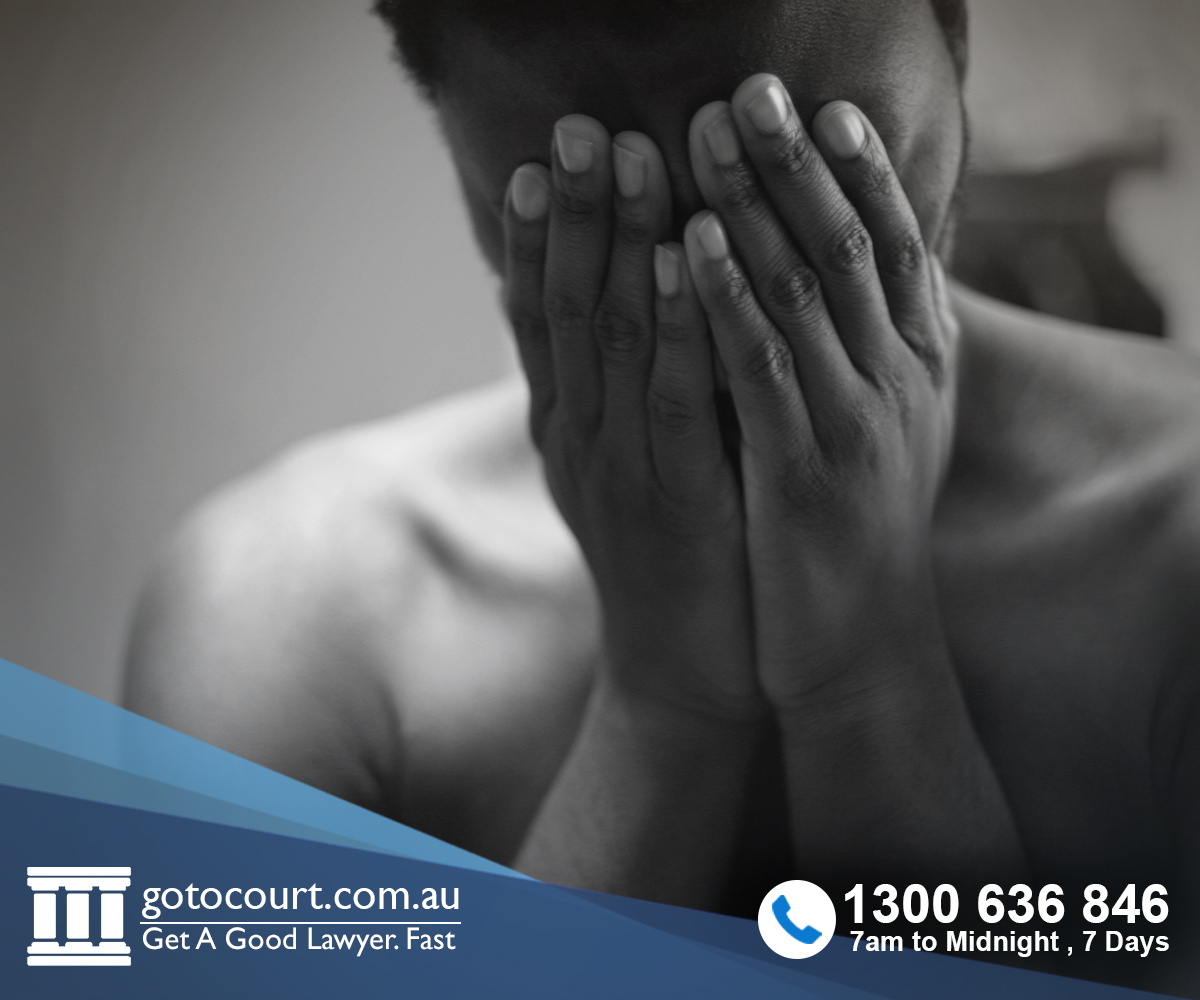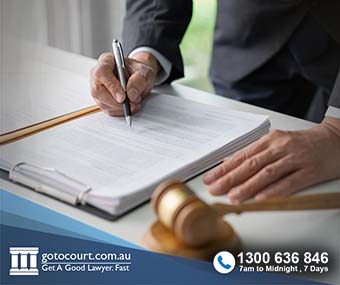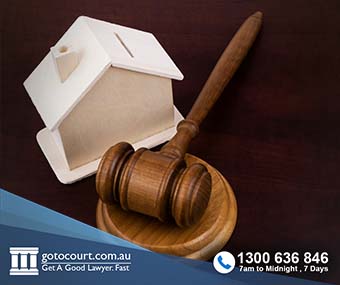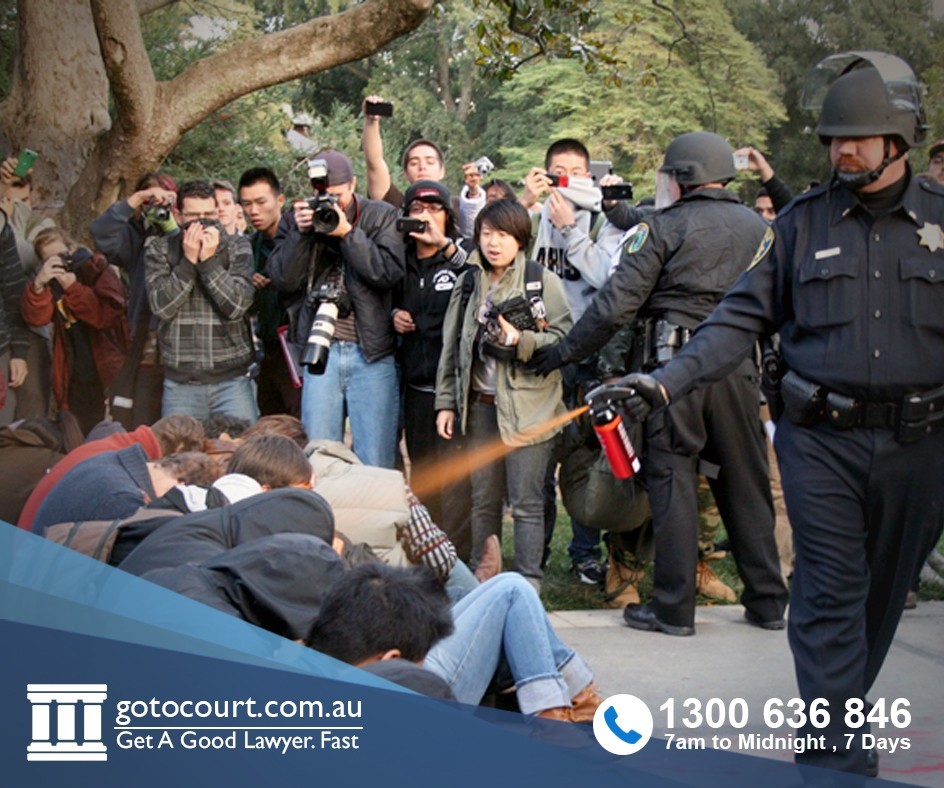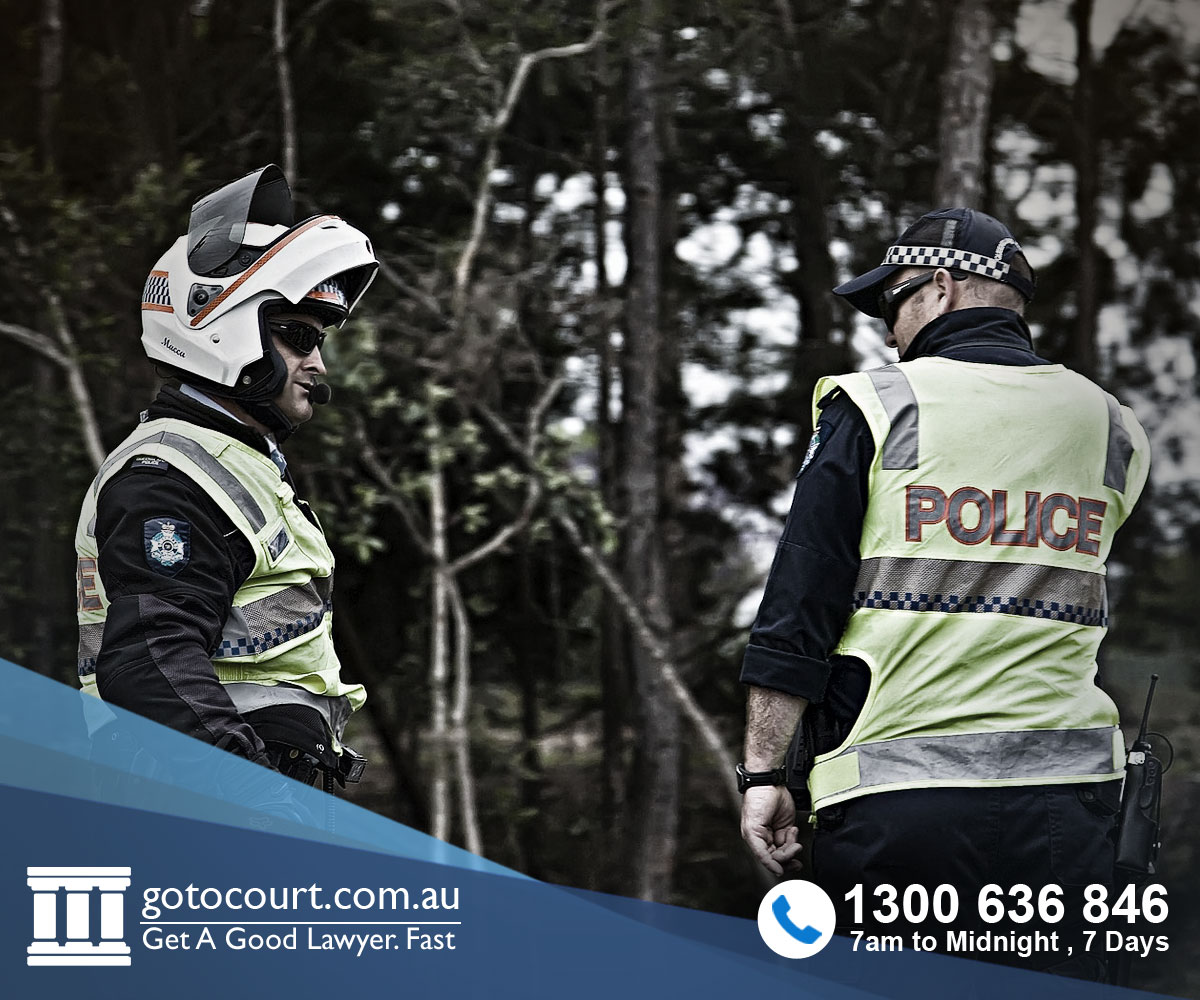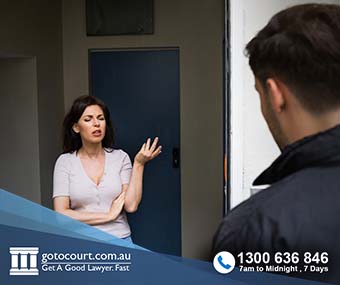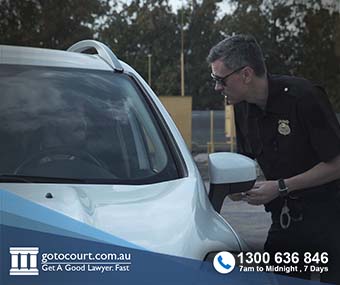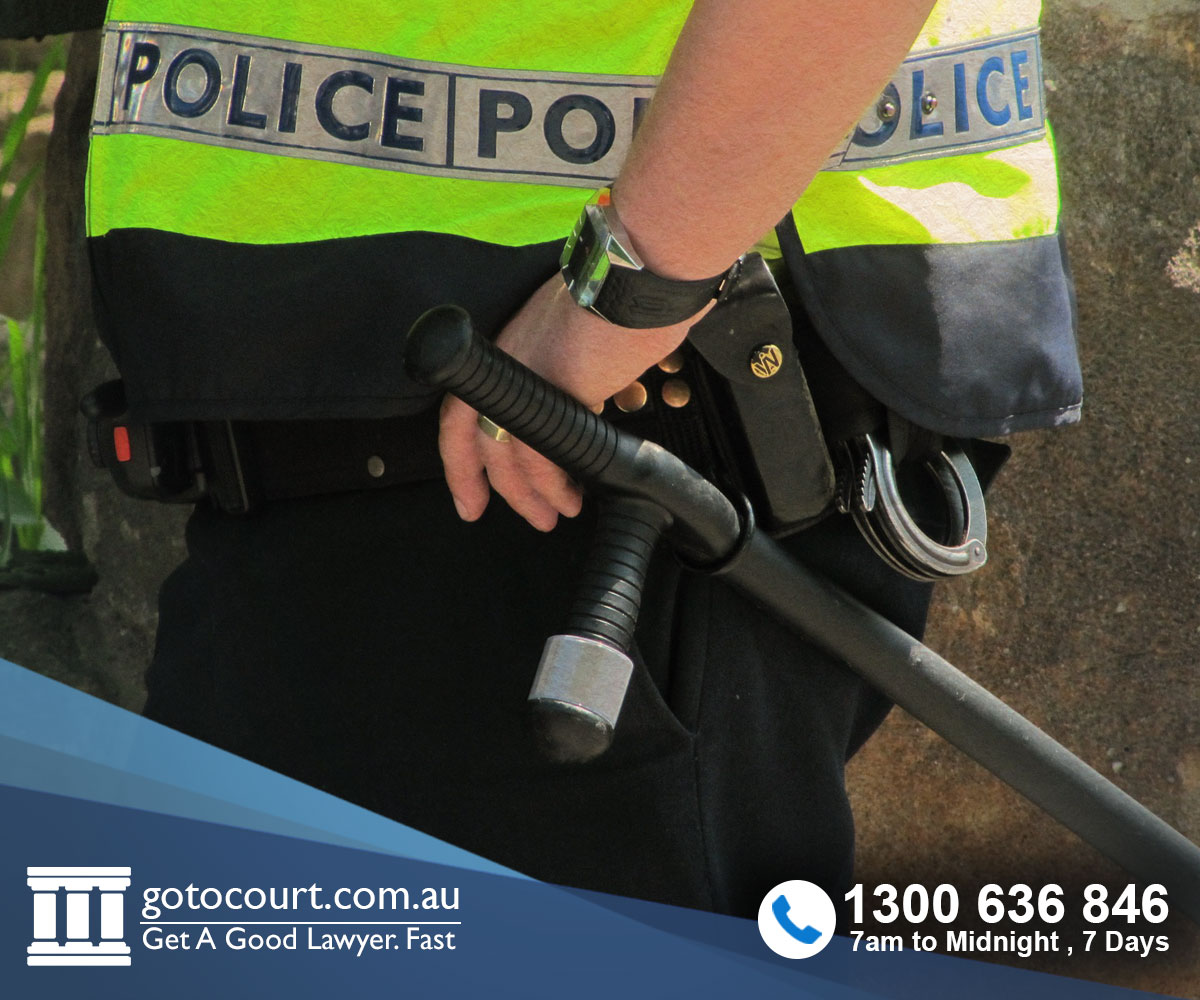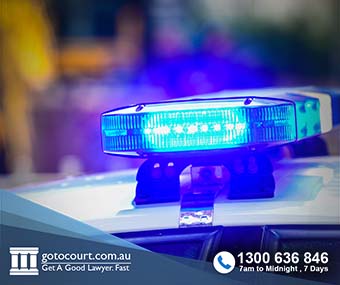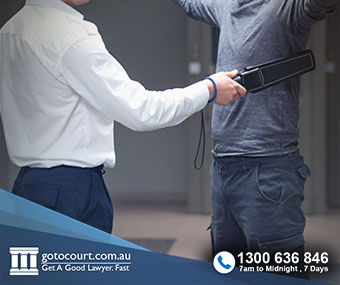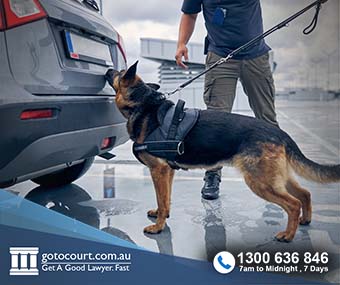Call our lawyers
now
or,
have our lawyers
call you
Police Search Warrants in Queensland
Updated on Nov 08, 2022 • 4 min read • 842 views • Copy Link
Police Search Warrants in Queensland
In Queensland the police generally are not allowed to enter your premises. You can refuse them entry by clearly stating to them that you are not inviting the officer in, and you do not give consent for the officer to remain on your property. If this does occur it is a good idea to record the names of any witnesses that hear you asking the police to leave.
There are certain circumstances, though, in which the police can enter your premises without a warrant. The Police Powers and Responsibilities Act 2000 outlines the procedures that police have to follow in relation to searches.
Applications for search warrants can made to a Justice of the Peace, Magistrates Court, or Supreme Court. Section 150 of the Act outlines which applications are to be made where – this depends on the nature of the offence and the evidence that is being sought.
Entry without a Warrant
The police may enter your premises without a warrant:
- to serve a legal document
- to administer a breath test
- if a person has been seriously injured
- to search for evidence they reasonably suspect will be destroyed or hidden
- to arrest someone
- to reach a crime scene, or
- to detain someone under the anti-terrorism ‘preventative detention order’.
If the police do enter without a warrant, they can only stay for what is deemed a reasonable time to make the enquiry or serve the document.
Entry with a Warrant
If the police say they have a warrant that allows them entry to your home then insist on seeing the document, and point out any details that are incorrect. Along with the warrant the police must give you a statement of their powers under the warrant.
The powers that are given include:
- detaining anyone present;
- removing wall panels, floor panels and ceiling panels to search for evidence
- taking photographs of items that may be seized for evidence
- digging up your yard
- opening locked areas such as a safe, filing cabinet, or cupboard, and
- searching anyone on the premises.
The police cannot damage a building’s structure unless the warrant was issued by the Supreme Court and this is clearly stated as a term of the warrant.
You should also be careful what you say to the police during a search, and in most situations not answer their questions without speaking to a lawyer.
It is important to note that if police damage your property during a search you won’t necessarily be compensated depending on the terms of the warrant. They also do not have to tidy up after they have finished rummaging through your belongings.
While the police do not have an automatic right to search you or your car, they can do so without a warrant in certain circumstances.
These circumstances include where they suspect you have:
- a weapon
- illegal drugs
- stolen property
- tools for housebreaking
- evidence relating to breaches of the Liquor Act 1992, or
- evidence of an indictable offence.
If the police ask to go through your phone or computer, you can refuse. They will then need to obtain a search warrant, in which you will then be required to provide any passwords, or codes, required to access these devices.
Taking your property during a search
During a search, police can seize your property if it is drugs, stolen property, guns, child pornography, or other evidence to support a criminal charge. Your vehicle can also be seized if the police suspect it has been used to commit an offence. The police must give you a receipt for the items taken.
If you are found guilty of an offence, the Court may order the property to be destroyed. If the property seized is https://www.gotocourt.com.au/criminal-law/voir-dire/, it will be returned after 28 days. If after 30 days your property isn’t returned, you can write to the police commissioner. If this fails you can apply to the Magistrates Court.

Affordable Lawyers
Our Go To Court Lawyers will assist you in all areas of law. We specialise in providing legal advice urgently – at the time when you need it most. If you need a lawyer right now, today, we can help you – no matter where you are in Australia.How It Works







1. You speak directly to a lawyer
When you call the Go To Court Legal Hotline, you will be connected directly to a lawyer, every time.


2. Get your legal situation assessed
We determine the best way forward in your legal matter, free of charge. If you want to go ahead and book a face-to-face appointment, we will connect you with a specialist in your local area.


3. We arrange everything as needed
If you want to go ahead and book a fact-to-face appointment, we will connect you with a specialist in your local area no matter where you are and even at very short notice.



